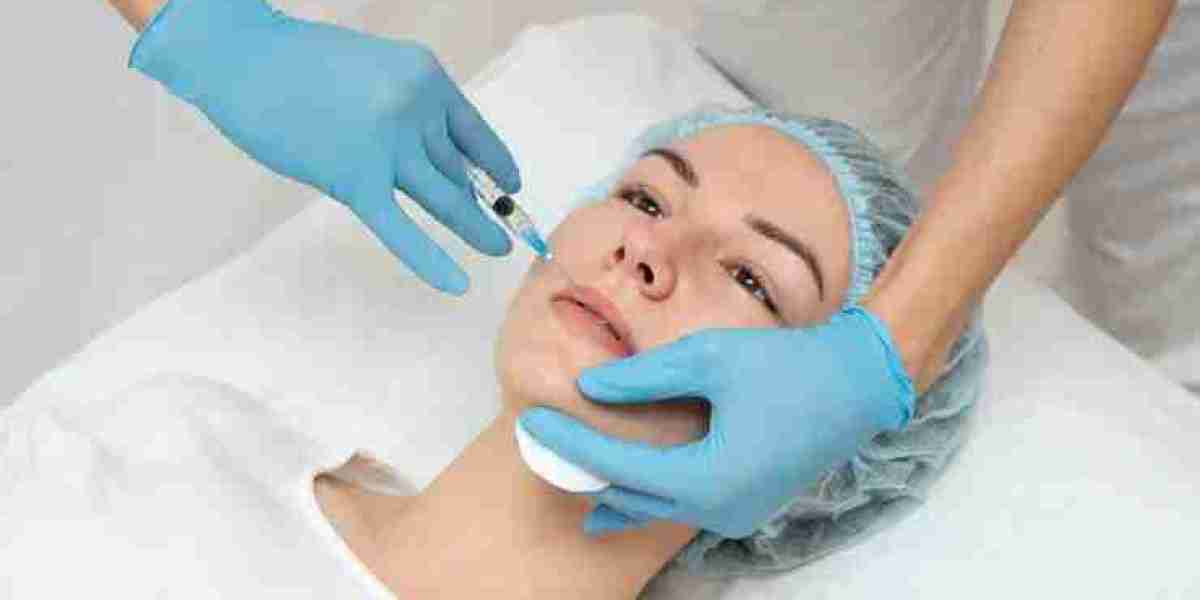If you’ve decided to undergo Dermapen treatment to rejuvenate your skin, you’re likely excited to see the improvements that come with this advanced microneedling procedure. However, proper preparation is crucial to ensure the best results and a smooth experience. Whether you’re treating acne scars, fine lines, or hyperpigmentation, following the right steps before your appointment can enhance the effectiveness of the treatment and minimize any discomfort or risks.
In this blog, we’ll guide you through the key preparations you should take into account before your Dermapen ديرمابين session.
1. Consult with a Professional
The first step in preparing for your Dermapen treatment is scheduling a consultation with a certified skincare professional. This consultation is essential for several reasons:
- Assessment of Skin Concerns: A qualified practitioner will evaluate your skin type, current condition, and specific concerns to determine if Dermapen is the right treatment for you.
- Customization: Dermapen treatments can be adjusted to target specific issues, so your practitioner will customize the needle depth and technique for your individual needs.
- Medical History: Your practitioner will discuss your medical history to ensure there are no contraindications for the treatment. Conditions like active acne, eczema, or psoriasis may require adjustments or alternative treatments.
During this consultation, you should feel free to ask any questions you have regarding the treatment process, expected results, and aftercare.
2. Avoid Certain Skincare Products
In the days leading up to your Dermapen appointment, it’s important to avoid certain skincare products that could irritate your skin. These products may interfere with the treatment or increase the risk of post-treatment irritation. Here’s what to avoid:
- Retinoids and Retinols: These ingredients, found in many anti-aging and acne products, can make your skin more sensitive and may increase the risk of irritation during and after Dermapen treatment. Discontinue the use of retinoids at least 3-5 days before your appointment.
- Exfoliating Products: Scrubs, exfoliating masks, or products with alpha hydroxy acids (AHAs) or beta hydroxy acids (BHAs) should be avoided for about a week before treatment. These can leave your skin too sensitive and might cause excessive irritation when combined with Dermapen.
- Skin Care with Alcohol: Products containing alcohol, such as toners, can dry out the skin, making it more susceptible to post-treatment redness and irritation.
By avoiding these products, you allow your skin to remain balanced and prepared for the treatment.
3. Hydrate Your Skin
Healthy, well-hydrated skin is essential for the best Dermapen results. In the days leading up to your appointment, focus on moisturizing your skin with a gentle, hydrating moisturizer. Hydrated skin is more resilient and responds better to microneedling, making the procedure more effective. Additionally, hydration helps to minimize any discomfort you may experience during the treatment.
- Drink Plenty of Water: It’s also important to drink water in the days before your appointment to keep your skin hydrated from the inside out. Aim to drink at least 8 glasses of water per day.
- Avoid Dehydrating Products: Stay away from skincare products that may cause dehydration, such as alcohol-based toners or harsh cleansers.
4. Avoid Sun Exposure
Protecting your skin from the sun is essential before and after Dermapen treatment. Excessive sun exposure can cause skin irritation, sensitivity, and even damage, making it harder for your skin to heal after the procedure. To prepare your skin for Dermapen, avoid sunbathing or tanning beds for at least a week before the treatment.
- Use Sunscreen: Even if you aren’t directly exposed to the sun, make sure to wear a broad-spectrum sunscreen with an SPF of 30 or higher every day. This will protect your skin from harmful UV rays and reduce the risk of further skin damage.
- Wear Protective Clothing: If you’re going to be outside for extended periods, wear a wide-brimmed hat or use other protective measures to shield your skin from the sun.
5. Stop Blood-Thinning Medications
Certain medications and supplements, such as aspirin, ibuprofen, or omega-3 fatty acids, can thin your blood and increase the likelihood of bruising or excessive bleeding during your Dermapen treatment. It’s recommended to stop taking these medications 5-7 days before your appointment.
However, do not stop any prescribed medication without first consulting with your doctor. If you have any concerns about blood-thinning medications, your practitioner will be able to advise you on how to safely prepare for your treatment.
6. Cleanse Your Skin Before Your Appointment
On the day of your Dermapen treatment, make sure to arrive with clean skin. Avoid wearing makeup, and cleanse your face thoroughly with a gentle cleanser to remove dirt, oil, and any residual skincare products. Your practitioner will also cleanse your skin again at the start of the treatment, but starting with a clean face ensures optimal conditions for microneedling.
7. Be Prepared for the Numbing Cream
Before the Dermapen procedure begins, a topical numbing cream will be applied to your skin to minimize any discomfort during the microneedling process. The numbing cream typically takes about 20-30 minutes to take effect, so plan to arrive at your appointment a little early to allow time for this step.
Although Dermapen is generally well-tolerated, some people may feel a mild tingling sensation or pressure during the procedure, especially in sensitive areas like around the eyes or on the forehead.
8. Plan for Downtime and Aftercare
Although Dermapen is a minimally invasive treatment, there is some downtime involved. After the procedure, you may experience redness, swelling, and a mild sunburn-like sensation. These side effects typically subside within a few hours to a day, depending on your skin type and how well you follow aftercare instructions.
- Rest and Recover: Give your skin time to heal after treatment. You might want to take it easy for the first 24-48 hours after the procedure, especially if you have sensitive skin.
- Follow Aftercare Instructions: Your practitioner will provide you with specific aftercare instructions, including using soothing products, applying sunscreen, and avoiding certain activities like sweating or using hot water on your skin.
9. Be Realistic About Results
While Dermapen can provide noticeable results after just one treatment, achieving your desired outcome may require multiple sessions. It’s important to have realistic expectations and understand that the full benefits of Dermapen, such as improved skin texture and reduced fine lines, typically develop over time as collagen production increases.
Be patient and consistent with your treatments to see the best possible results.
Conclusion
Preparing for your Dermapen treatment can help ensure that your procedure goes smoothly and that you achieve the best results possible. By following the steps outlined in this guide, you’ll set yourself up for a successful treatment experience and healthier, rejuvenated skin.





